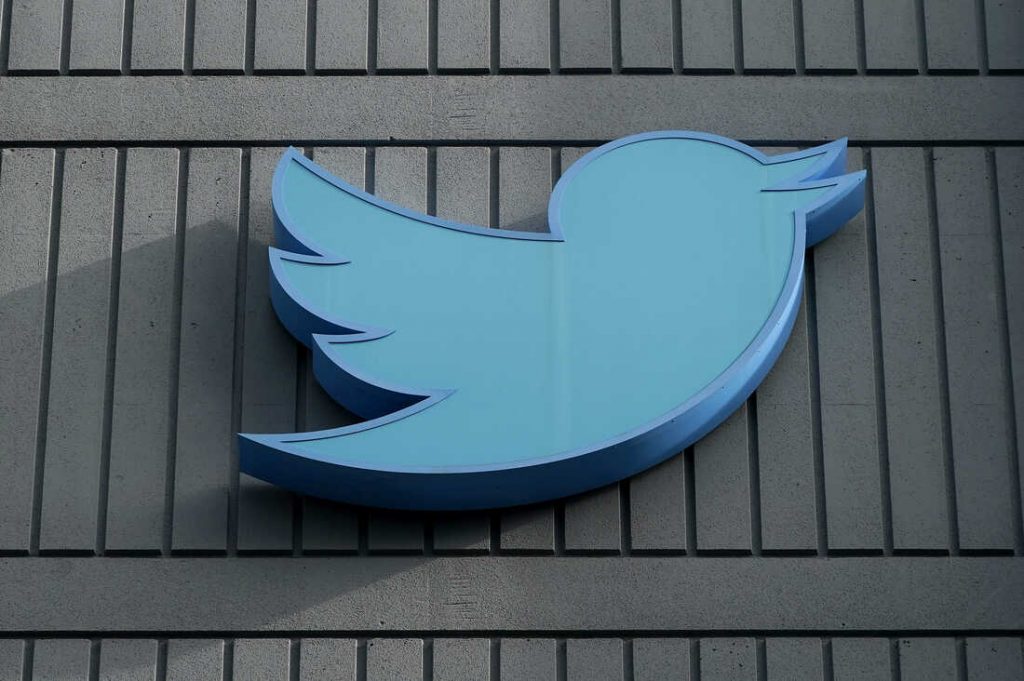On 19 December 2022, Elon Musk tweeted “Should I step down as head of Twitter? I will abide by the results of this poll” and held a Twitter based poll that offered a choice of Yes or No to Twitteratis. The results were not shocking. ‘Yes’ mustered 57% of the votes while ‘No’ could manage only 43%. This was a clear indication of popular perception about Musk among his own social media subscribers. In the past, Musk has followed through and gone ahead to implement the suggestion of majority voters from a poll response, like reinstating Donald Trump’s suspended account. Unsurprisingly this time, instead of stepping down from his leading role in the social media giant, Musk’s response to his snubbing was to announce that he would henceforth only allow paying blue tick users to participate in such social polls.
It appears Twitter’s moderation nowadays is not governed by a set of rules, but by the whims and fancies of its owner. Recently, Musk had suspended the accounts of some top US journalists for criticizing him on the social media platform. Twitter had suspended the accounts of several journalists from CNN, the New York Times, The Washington Post and many other news outlets. Musk accused them of posting ‘basically assassination coordinates’ against him and his family. Following heavy criticism on this move, he reinstated some of the banned accounts after initiating a poll on Twitter asking whether the accounts should be brought back and getting a majority users voting in favour of bringing back the accounts. Musk had also suspended over 25 Twitter accounts allegedly posting public flight data, including that of his own private jet. This was followed by the removal of the accounts of those who had reported on that purge, alongside the account of one of Twitter’s most notable competitors, Mastodon.
The suspensions came without warning a day after Twitter changed its policy on sharing ‘live location information’ and suspended an account, @ElonJet, that had been using public flight data to share the location of Musk’s private plane. The account was run by a college student, Jack Sweeney. Sweeney has claimed Musk previously offered him money to take down the account, but later in November said he would allow it to stay online.
Many of the journalists with suspended accounts had been covering that rule change and refuted Musk’s claims that he and his family had been endangered by the location sharing. Musk suggested on Twitter, without evidence, that the journalists had revealed private information about his family, known as doxxing. “Criticizing me all day long is totally fine, but doxxing my real-time location and endangering my family is not,” he had tweeted.
These incidents show Musk is changing the platform’s policies not for the benefit of the users, but as a reaction to events that affect him personally. “This is causing concern”, said John Davisson, director of litigation and senior counsel at the Electronic Privacy Information Centre, a non-profit organisation that focuses on privacy and free expression. The intention, he said, appears not to protect Twitter users, but help Musk himself.
Earlier Musk had alleged a ‘crazy stalker’ followed a car carrying his young son. The veracity of the incident is yet to be confirmed and it is not clear how an account tweeting aircraft location data publicly available via many sources could be linked to a car incident. But, it seems Musk’s word is to become law in the Twitter world.
The American Civil Liberties Union had conceded Musk does have a right to bar journalists and others from the platform, but termed the suspensions “an attack on free expression.” Trevor Timm, executive director of Freedom of the Press Foundation, says Musk’s self-interested acts have shown how moderation on the platform could be further manipulated. Members of the European Parliament had also questioned Musk’s action against the journalists. The letter offered recommendations on how he could amend Twitter policies to better comply with the European Union’s new Digital Services Act, which makes online platforms more accountable for harmful content posted by users. Large online platforms must comply with it by 2024.
Musk’s suspension and reinstating of accounts at his own free will and complying or ignoring his own poll results according to what suits him goes to show Twitter is now a plaything in his hands. Twitter users will now have to decide what the social media platform stands for and how they will continue using it.
